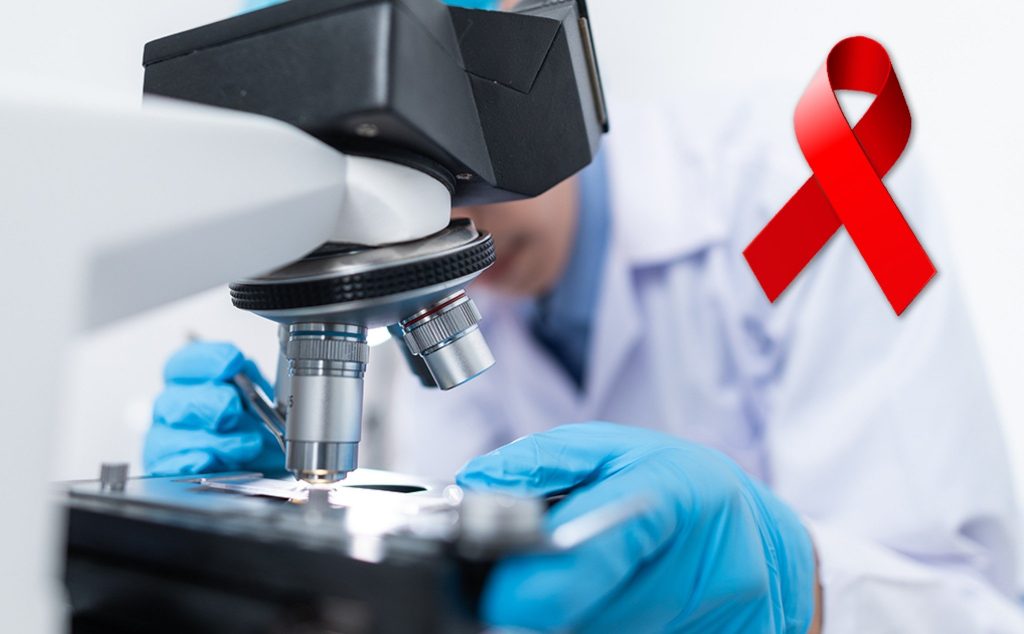
Scientists have achieved a breakthrough in HIV treatment by using Crispr gene-editing technology to eliminate the virus from infected cells.
This method works by cutting out or deactivating the “bad” parts of DNA at a molecular level.
While existing HIV medications can control the virus, they cannot eliminate it entirely.
The University of Amsterdam team presented their early findings at a medical conference, emphasizing that their work is still in the proof-of-concept stage and is far from being a cure for HIV.
Dr. James Dixon from the University of Nottingham agrees that more research is needed to ensure the safety and effectiveness of this approach.
Other scientists and companies, like Excision BioTherapeutics, are also exploring Crispr-based therapies for HIV.
However, challenges such as off-target effects and potential long-term side effects need to be addressed.
Removing HIV from all cells in the body that may harbor it remains a significant challenge.

Dr. Jonathan Stoye from the Francis Crick Institute highlights concerns about off-target effects and the time it will take for Crispr-based therapies to become routine, even if they prove effective.
HIV infects immune-system cells and can go into a latent state, necessitating lifelong antiretroviral therapy for most people.
While some individuals have been “cured” through aggressive cancer therapy, this approach is not recommended solely for treating HIV.
Source-BBC





